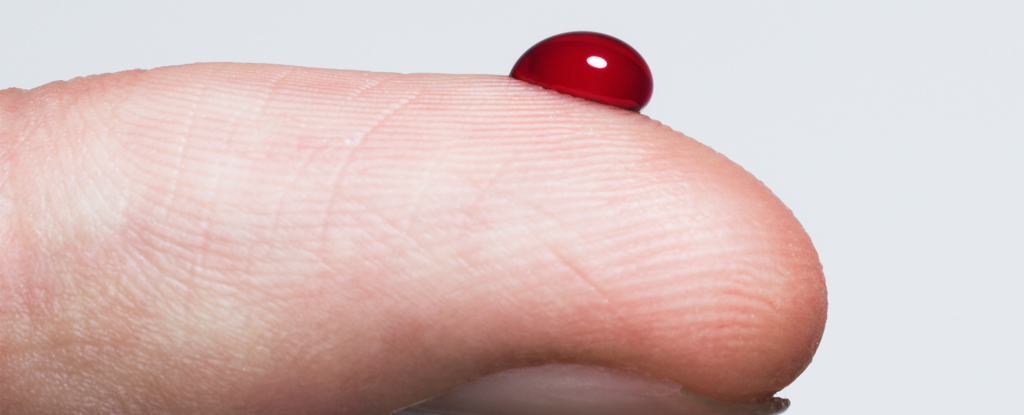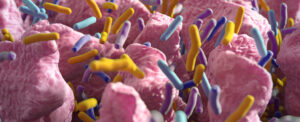
Research into the rejuvenating potential of young blood has taken a significant step forward, revealing how it may reverse aging in human skin cells. A study conducted by scientists at Beiersdorf AG, a skincare company based in Germany, has shown that specific interactions between young blood serum and bone marrow cells can trigger anti-aging signals in skin tissue. This groundbreaking work was published in the journal Aging.
To investigate the effects of young blood, researchers developed a specialized 3D human skin model in the laboratory. Initially, the young blood serum alone did not demonstrate any noticeable effect on the skin cells. However, when bone marrow cells were introduced to the experiment, the results were striking—evidence of rejuvenation emerged. The young blood serum appeared to interact with the bone marrow cells, facilitating a reversal of cellular aging processes.
The researchers conducted detailed measurements of DNA methylation and cell proliferation to assess the biological age of the skin tissue. Their findings indicated that exposure to young serum significantly reduced the biological age of the skin samples. Additional indicators of youthful skin included heightened metabolic activity and increased rates of cell division.
A deeper analysis uncovered a total of 55 different proteins produced by the bone marrow in response to the young blood. Among these, seven proteins were identified as being crucial for maintaining youthful skin, particularly in relation to cell renewal and collagen production. The identification of these proteins holds promise for further understanding the rejuvenating effects of young blood and bone marrow, although the researchers acknowledge that additional studies are necessary to validate these findings in living humans.
“The skin, as our largest organ, is a valuable tissue to investigate aging, as first signs of aging are mostly visible, and it reflects the overall human health,” the researchers noted in their published paper. They emphasized the need for more comprehensive studies to explore the systemic effects of these proteins on skin rejuvenation and aging.
The concept of utilizing blood to promote longevity and youth has intrigued humanity for centuries, featuring prominently in folklore and mythology. Recent scientific inquiry, however, has begun to substantiate these age-old ideas. Previous studies have suggested that some aspects of aging may not be irreversible, indicating potential pathways to reprogram the body and mitigate aging effects.
As the global population ages, understanding how to maintain health and vitality is becoming increasingly critical. Researchers assert that ongoing work in this field could lead to strategies that enhance health during later stages of life, potentially delaying the onset of age-related illnesses.
“Aging is a complex process that significantly contributes to age-related diseases and poses significant challenges for effective interventions, with few holistic anti-aging approaches successfully reversing its signs,” the researchers concluded.
This study not only sheds light on the mechanisms behind young blood’s rejuvenating properties but also paves the way for future research that could ultimately help individuals enjoy healthier, longer lives.






